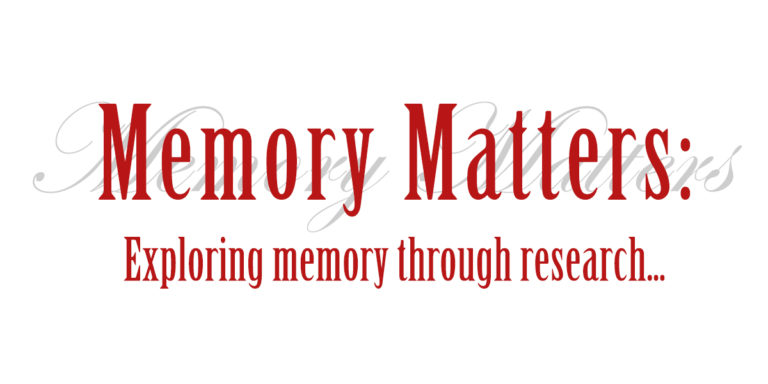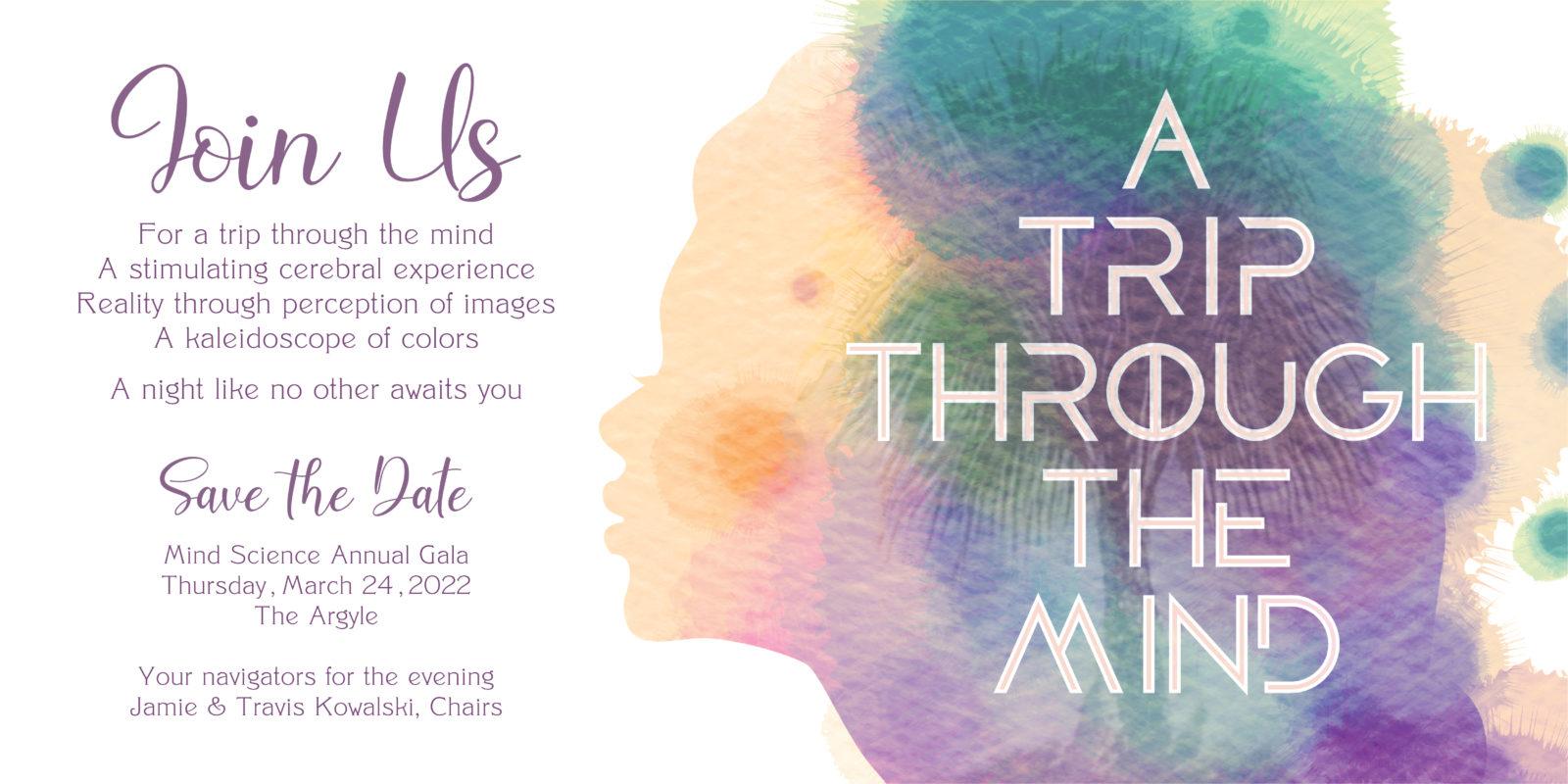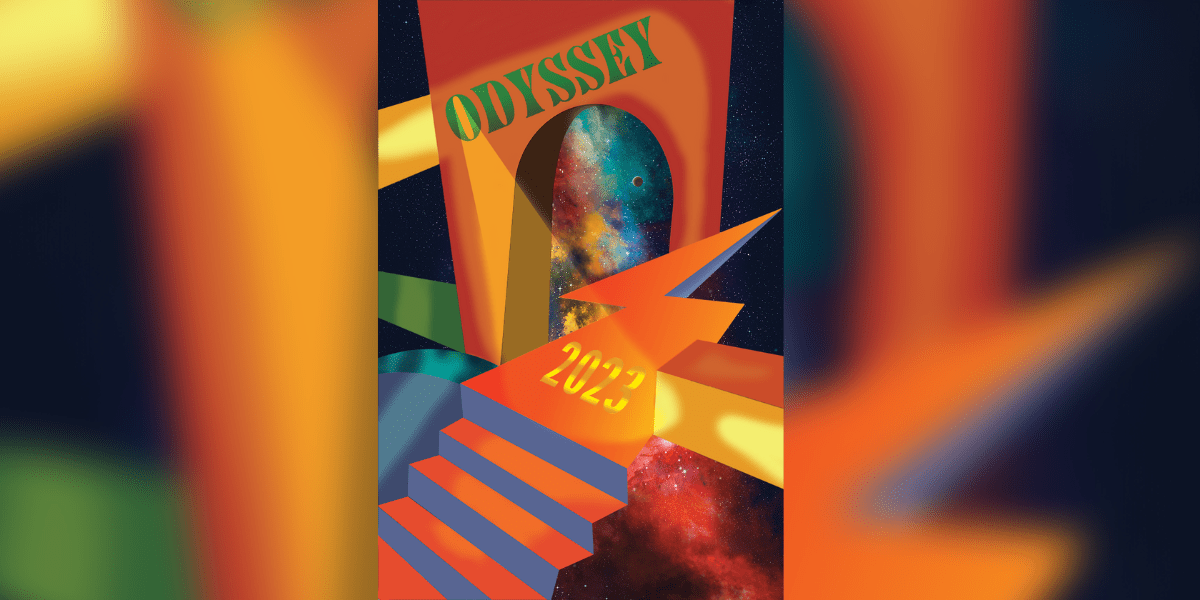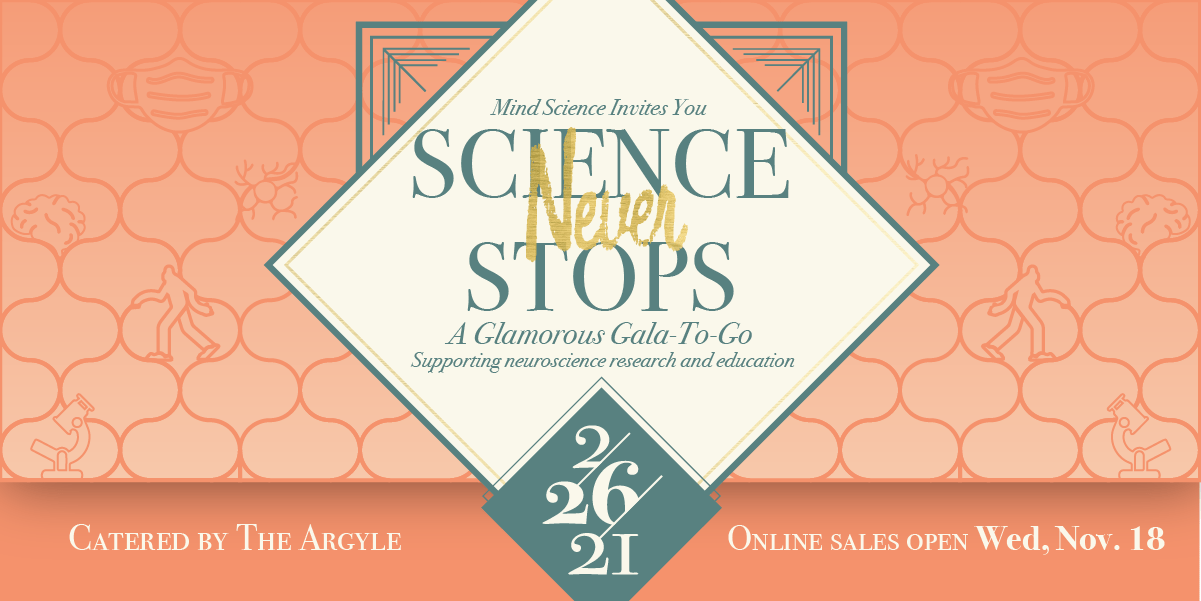Memory Matters: The public’s chance to explore memory and learning research

On May 12, The Center for Learning & Memory at the University of Texas at Austin held its sixth meeting of the minds “Memory Matters: Exploring memory through research… A focus on memory enhancement.” This event was free and open to the public to come and see demonstrations, do hands on activities, and hear about the latest research. We drove up to Austin to check it out!
We were greeted with a lively crowd in the activity and demonstration area. We saw fluorescent neurons in worms from the Pierce lab being used in an Alzheimer’s disease model for drug screening. We put on goggles outfitted with prisms that distorted our view and ability to toss a ball into a basket. Through a couple of throws and the encouragement from Dr. Priebeand his lab, we learned to adapt and make the basket! It was surprising that we could quickly learn how to master this technique and also when we removed the goggles that we had to unlearn it!
We learned how much we really can remember in a memory test by Dr. Preston’s lab. We were tested in navigation without any audio or visual cues in the activity by Dr. Fiete’s lab.
The crowd gathered for the panel discussion and heard about the latest developments in learning and memory. Dr. Laura Colgin studies how groups of neurons coordinate in learning and memory, particularly when the person is asleep. Dr. Michael Drew studies the ability of the brain to make new neurons. One new hypothesis is that antidepressants stimulate the development of these new brain cells. This mechanism may be how depression is actually being treated, the cells in the hippocampus might be wiped clean and replaced with new cells, effectively cleaning the slate. Dr. Jarrod Lewis-Peacock’s research explores the interplay between attention and learning in the healthy adult brain, especially when that learning is happening with all this new technology.
Until next time, Think Big on Twitter (@MindScienceFdn), Facebook (Mind Science Foundation), or email us (mcohen@mindscience.org) any ideas or questions!



